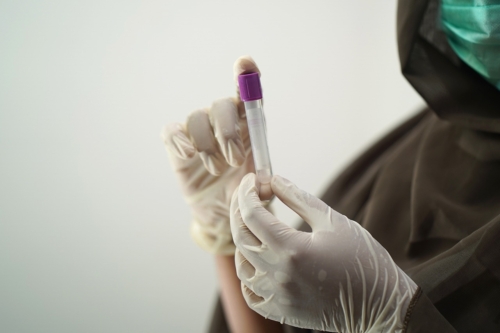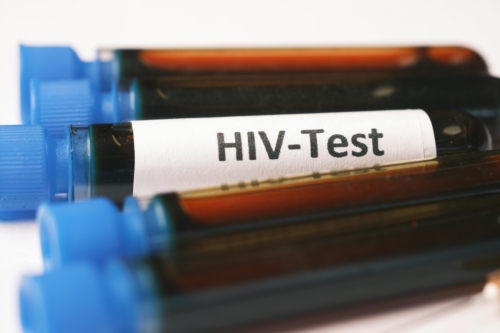A 40 year-old gay man in New Zealand whom the media have named the ‘HIV predator’ (interestly this moniker was created by the gay media and since he currently has interim name suppression, this stigmatising phrase continues to be used by all who write about him) is the first to be charged solely under section 201 of the Crimes Act 1961 – wilfully and without lawful justification or excuse causing or producing a sickness or disease.
In other words: intentional HIV transmission, a charge that has never been proven in any court in the world when HIV transmission occurred via consensual sex.
According to an article in GayNZ.com, the last person to be charged under this law, which carries a maximum 14 year sentence, was Peter Mwai, but he was also charged with causing reckless grievious bodily harm, with a maximum seven year sentence, as well as causing criminal nuisance. The judge found that Mr Mwai could not be found guilty of wilfully causing disease.
The question the judge asked: Did Mwai want, desire or intend the complainant to be infected? Answer: No. In the judge’s opinion, all that Mwai wanted, desired, intended was sex. HIV transmission may have been the probable consequence of having unprotected sex but it was not a consequence Mwai desired. What helped the judge come to this conclusion was evidence that showed on all occasions and with all sexual partners there was mutual attraction, one thing led to another and what emerged was consensual sexual activity which became unprotected sexual intercourse. Although evidence showed Mwai was sometimes deceptive, no evidence showed sadistic or predatory tendencies or a want to infect.
However, Mr Mwai was found guilty of reckless GBH and sentenced to seven years in prison. The article then spells out what needs to proved with the current case.
The offence the man in custody is charged with requires the prosecution to prove beyond reasonable doubt that the man wilfully (wanted, desired) to cause a disease or sickness…The man in police custody is charged with an offence that is yet to be successfully prosecuted in New Zealand. If the charge goes to a jury, it will be the first time a New Zealand jury has considered a charge of wilfully causing a disease or sickness. If he is convicted, he will be the first person in New Zealand to be convicted of wilfully causing a disease or sickness in another person.



